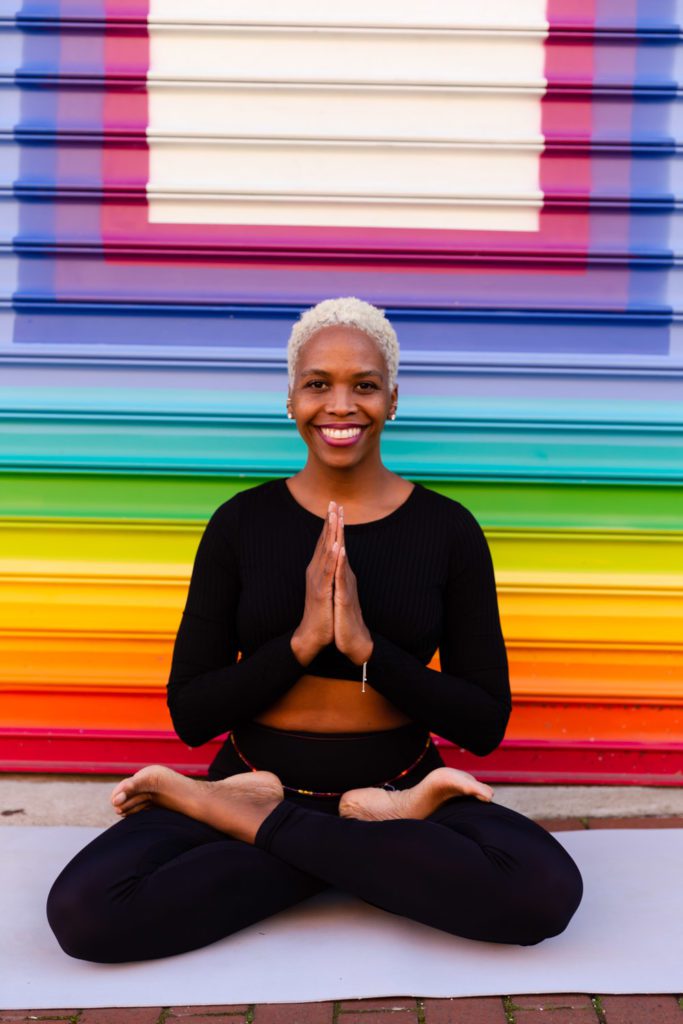Women’s History Month 2022: A Doctor’s Perspective
Mar 28, 2022 Dr. Sonja Richmond Healthcare Advisory Council Women's History Month

Dr. Sonja Richmond
As a hospice medical director, I’ve observed that hospice and palliative care haven’t always been as prevalent in healthcare conversations as other aspects of care. These important end-of-life options are a crucial part of healthcare; in many ways, they’re what healthcare is all about. All of us pass away, and it’s important to advocate for the way we want to live as well as the way we want to die. I am proud to be a part of this advocacy.
The greatest gift we, as doctors and healthcare professionals, can give to a patient and their family is to listen to their values and priorities. It’s important to take the time to pause and really understand what a patient and their family want to prioritize in their end-of-life care. Patients need to know that they have a safe place to air out their concerns, their likes, their dislikes, their fears, and everything in between.
I recently attended the End of Life Disparities summit held by Compassion & Choices and I embrace the policy efforts put forward there, such as encouraging care teams to embrace skills that reflect cultural humility and cultural competencies to provide better services to their patients. Advocating for better end-of-life options may be a slow process, but it’s a stepwise approach, and laying out a plan shows me that we can create equity in end-of-life care. This work comes from my heart because it brings together the stories and unique experiences of people from all walks of life to improve the way we die in America.- Dr. Sonja Richmond


